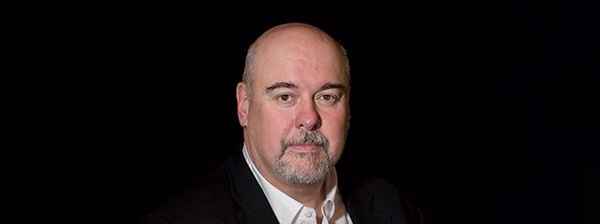
By David Robinson
Academic freedom, like all expressive freedoms, is particularly vulnerable during periods of war, conflict and social unrest. The widespread dismissals of controversial professors and subsequent constraints on academic discourse during and after the two world wars of the last century serve as a warning that politically motivated restrictions on academic expression must never be countenanced.
Today, the war between Israel and Hamas has become the subject of increasingly intense and acrimonious debate. It has led to calls for student unions to be censured and academic staff to be fired for comments they have made about the war.
It is easy to defend free expression and academic freedom when everyone agrees. But as a diverse community, universities and colleges by their very nature give voice to diverse experiences, diverse assumptions, and diverse viewpoints. Arguments and debates, often divisive and polarizing, are to be expected because they lie at the core of the mission of higher education.
This is not to say that academic freedom is without limits. It is not a licence to break the law, such as libelling someone, engaging in harassment or discrimination, violating hate speech laws, or disregarding professional duties and responsibilities. It is not a defence against academic dishonesty or breach of ethical and disciplinary standards.
However, these legal and professional limits do not preclude vigorous debate, intemperate language, or sharply negative criticism. Academic staff need not be gentle, nice or diplomatic in their expression, so long as they do not violate the law or their professional obligations.
Additionally, academic freedom does not confer immunity from criticism. That an academic may face harsh critique or condemnation from colleagues, students or members of the public for comments they have made is not in itself a violation of academic freedom. On the contrary, it is academic freedom that permits robust discussion and debate, including often pointed and heated exchanges.
However, if an academic is subject to malicious, libellous, abusive, threatening or harassing speech, then their ability to exercise their academic freedom is compromised. In such instances, as specified in the CAUT Policy Statement on Targeted Online Harassment of Academic Staff, college and university administrators have “a positive obligation to protect academic freedom” and should take decisive action to defend academic staff from such harassment.
The exercise of academic freedom further requires that universities and colleges resist external pressures to censor members of the academic community. This includes attempts by governments, donors, politicians or pressure groups to target academic staff and students for exercising their expressive rights within the law.
These are challenging times for academic freedom, but politically controversial cases involving college and university teachers are not new. The Cold War period witnessed many professors unjustly fired and blacklisted not because of what they taught in their classrooms or published in scholarly journals, but because of their political views and social activism. This history shows that it is during times when political threats to academic freedom intensify that the need for academic staff to be free to contribute to public discourse becomes even more important.